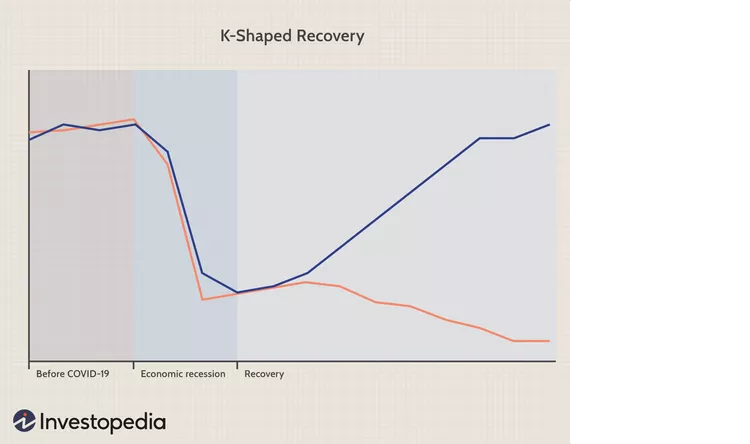India’s automotive landscape presents a contrasting tale of luxury and utility. Luxury car sales are racing to new heights, while entry-level two-wheelers seem to have hit a speed bump.
Mercedes-Benz, often seen as the epitome of luxury on wheels, reported a 12.61 percent YoY growth, selling 8,528 units in the first half of 2023. It seems that the allure of vehicles priced at a cool Rs 1 crore or more has seduced buyers, with a jaw-dropping 54 percent increase in demand. The E-Class sedan and GLE SUV have become the chariots of choice, proving that luxury knows no bounds.
BMW has also tapped into this trend, selling 5,867 units in the first half of 2023. Not surprisingly, SUVs made up over 50 percent of their sales. The X1, it turns out, is the golden ticket in their inventory, showcasing India’s growing fascination with luxury SUVs.
India’s affluent population’s infatuation with luxury cars has helped Audi mount a comeback. With a 97 percent YoY growth in the first half of 2023 and 3,474 cars hitting the streets, Audi are racing forward. Plus, they’re teasing buyers with the Q8 e-tron, a luxury electric vehicle that’s bound to give the Tesla a run for its electrons.
Volvo, keen to keep pace, clocked a 33 percent YoY growth, delivering 1,089 cars in the first half of 2023. The XC60 SUV, sleek and sophisticated, is their ticket to success in the land of luxury.
While the luxury car segment, perched atop the automotive price pyramid, has witnessed robust growth, the bottom of the pyramid entry level two wheeler segment has struggled to reach the heights of 2018. It seems the once-vibrant and ubiquitous scooters and motorcycles are facing headwinds.
Total two-wheeler sales stood at 15.86 million units in the fiscal ending March 2023. Sure, that’s a 17 percent YoY increase, but there is a difference within the category between entry-level and high-powered, high-end bikes.
Demand for those trusty 75cc-125cc scooters and 75cc-110cc motorcycles has been sub-par. Prices have ballooned by nearly 50 percent over three years, making the supposedly budget-friendly two-wheelers feel expensive to the target market.
Entry-level scooters, once the darlings of Indian streets, have seen sales plummet from 6.66 million units in 2018-19 to a 4.8 million units in 2022-23. Entry-level motorcycles are not faring any better, with sales dropping from 8.42 million to 5.23 million units during the same period. The two-wheeler industry seems to be stuck in an endless traffic jam.
But hold your gears, there’s a glimmer of hope. Electric two-wheelers have arrived on the scene, accounting for 5 percent of total two-wheeler sales in 2022-23. It’s as if they rode in on their silent electric steeds, surprising everyone. High-speed electric two-wheelers, the gearless speedsters with speeds exceeding 25 km/h, have been particularly popular, with 7,26,976 units sold in 2022-23. Analysts are predicting that electric scooters are set to dethrone the 110 cc segment, although there is currently a material price gap in the segments.
When it comes to exporting two-wheelers, significant potential exists. Africa and Latin America beckon, offering potential growth opportunities. While Indian two wheeler manufacturers have exported their wares in the past, this has only been a small part of their total sales. Expanding to newer markets could be just the tonic that revives this sluggish part that forms the base of one of the largest automobile markets in the world, at least from a supply perspective.
Demand and its growth is another matter. The upward trajectory in the domestic luxury personal vehicle (PV) and two-wheeler market is set to continue, with more folks donning their luxury driving gloves and zooming around on all the new kilometres of highway being built all around India. In city limits, new models, especially those running on electricity, are expected to keep the excitement levels up.
The bottom line is this: there is definitely a ‘K’ shape to the post-Covid trajectories of the various PV and two-wheeler markets, between entry-level and high-end segments. What the reasons for this phenomenon are, and how this reflects on the overall economy, is a question to be pondered over.

